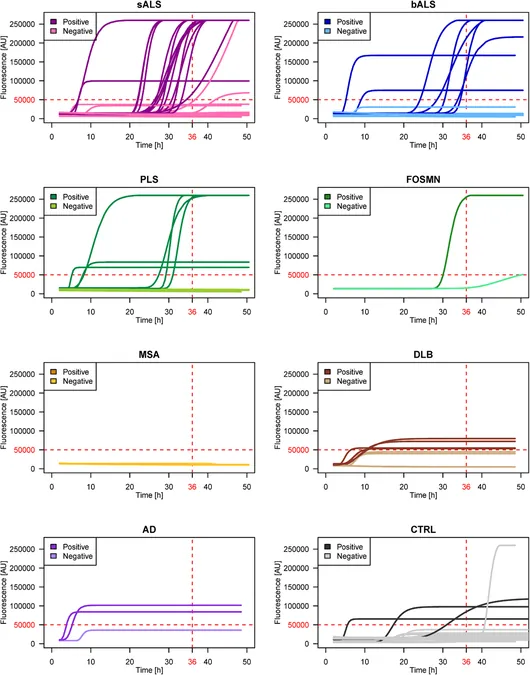
Surprising Findings on Anemia Treatment Before Colorectal Surgery
2025-04-13
Author: Rajesh
Does Preoperative Anemia Correction Make a Difference?
A groundbreaking subanalysis from a global study has shed light on the efficacy of correcting anemia before colorectal surgery. Despite the belief that preoperative anemia is linked to complications like colorectal anastomotic leakage (CAL), administering iron before surgery may not have the expected postoperative benefits.
The Study That Set Out to Change Outcomes
Conducted within the larger DoubleCheck study from September 2021 to December 2023, researchers aimed to determine the impact of early anemia detection and treatment on surgical outcomes. Led by Dr. Anne de Wit from Amsterdam University Medical Centers, the study involved 899 patients who were screened for anemia prior to their procedures, regardless of whether their conditions were benign or malignant.
What Did Researchers Find?
The study categorized anemia based on hemoglobin levels and iron stores, finding that while 77.4% of diagnosed patients received treatment (primarily intravenous iron), approximately 32.3% still exhibited perioperative anemia. The treatment didn’t significantly change the incidence of CAL or other postoperative complications.
Anemia Treatment: A Double-Edged Sword?
Interestingly, while the study noted that only 6.1% of patients experienced CAL, this was not significantly linked to preoperative anemia correction—raising questions about the role of anemia as merely a symptom of broader health issues rather than a standalone risk factor.
Looking Ahead: Enhancing Care Quality
The researchers concluded that while correcting anemia is crucial, it might be more indicative of a patient’s overall health rather than a simple fix for surgical complications. They emphasized that improved anemia screening and treatment are essential for enhancing patient care in colorectal procedures.
These findings challenge conventional wisdom and suggest the need for a deeper understanding of how preoperative conditions impact surgical outcomes.





 Brasil (PT)
Brasil (PT)
 Canada (EN)
Canada (EN)
 Chile (ES)
Chile (ES)
 Česko (CS)
Česko (CS)
 대한민국 (KO)
대한민국 (KO)
 España (ES)
España (ES)
 France (FR)
France (FR)
 Hong Kong (EN)
Hong Kong (EN)
 Italia (IT)
Italia (IT)
 日本 (JA)
日本 (JA)
 Magyarország (HU)
Magyarország (HU)
 Norge (NO)
Norge (NO)
 Polska (PL)
Polska (PL)
 Schweiz (DE)
Schweiz (DE)
 Singapore (EN)
Singapore (EN)
 Sverige (SV)
Sverige (SV)
 Suomi (FI)
Suomi (FI)
 Türkiye (TR)
Türkiye (TR)
 الإمارات العربية المتحدة (AR)
الإمارات العربية المتحدة (AR)